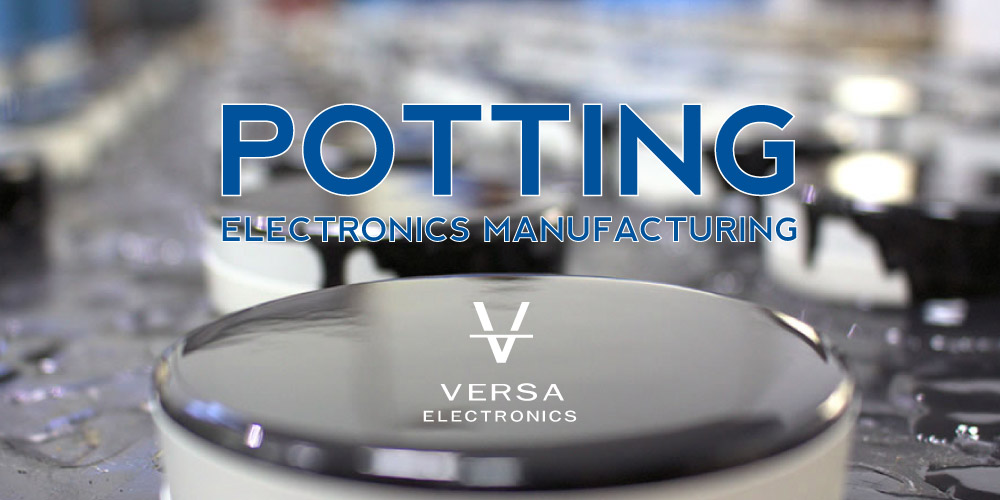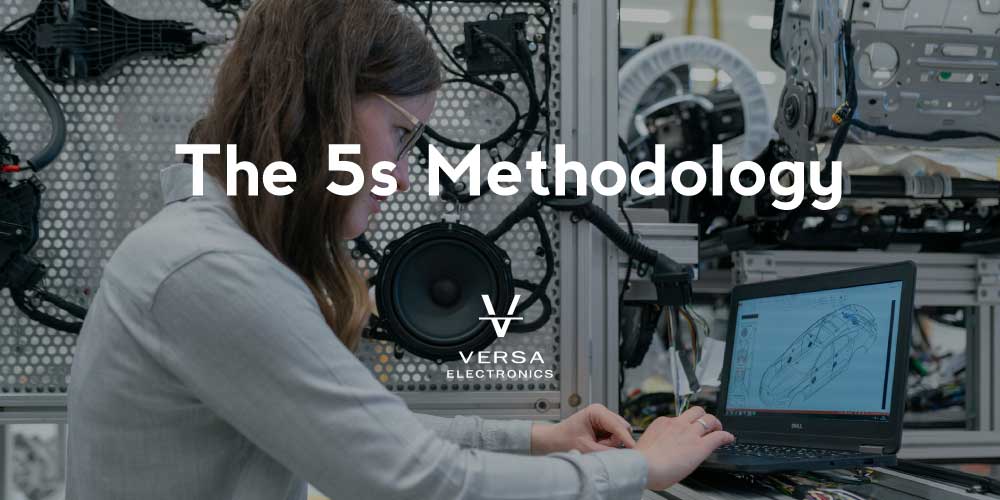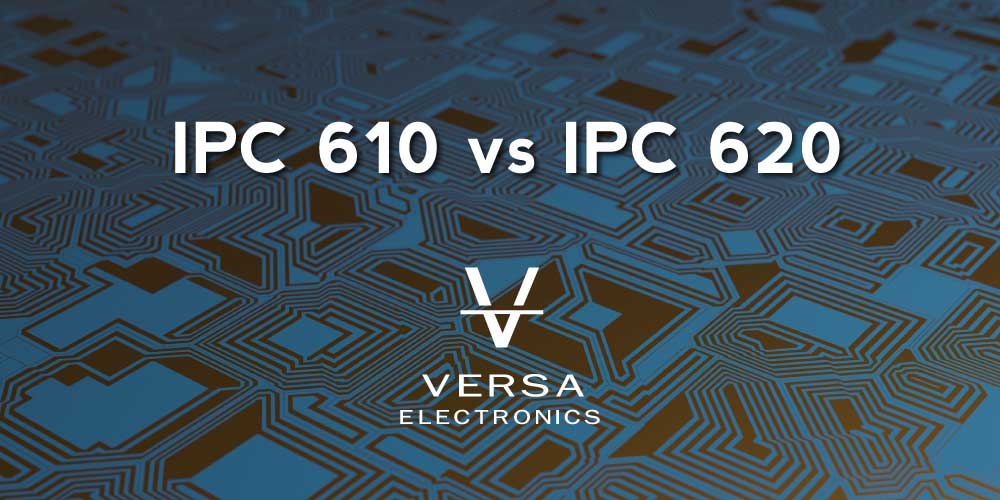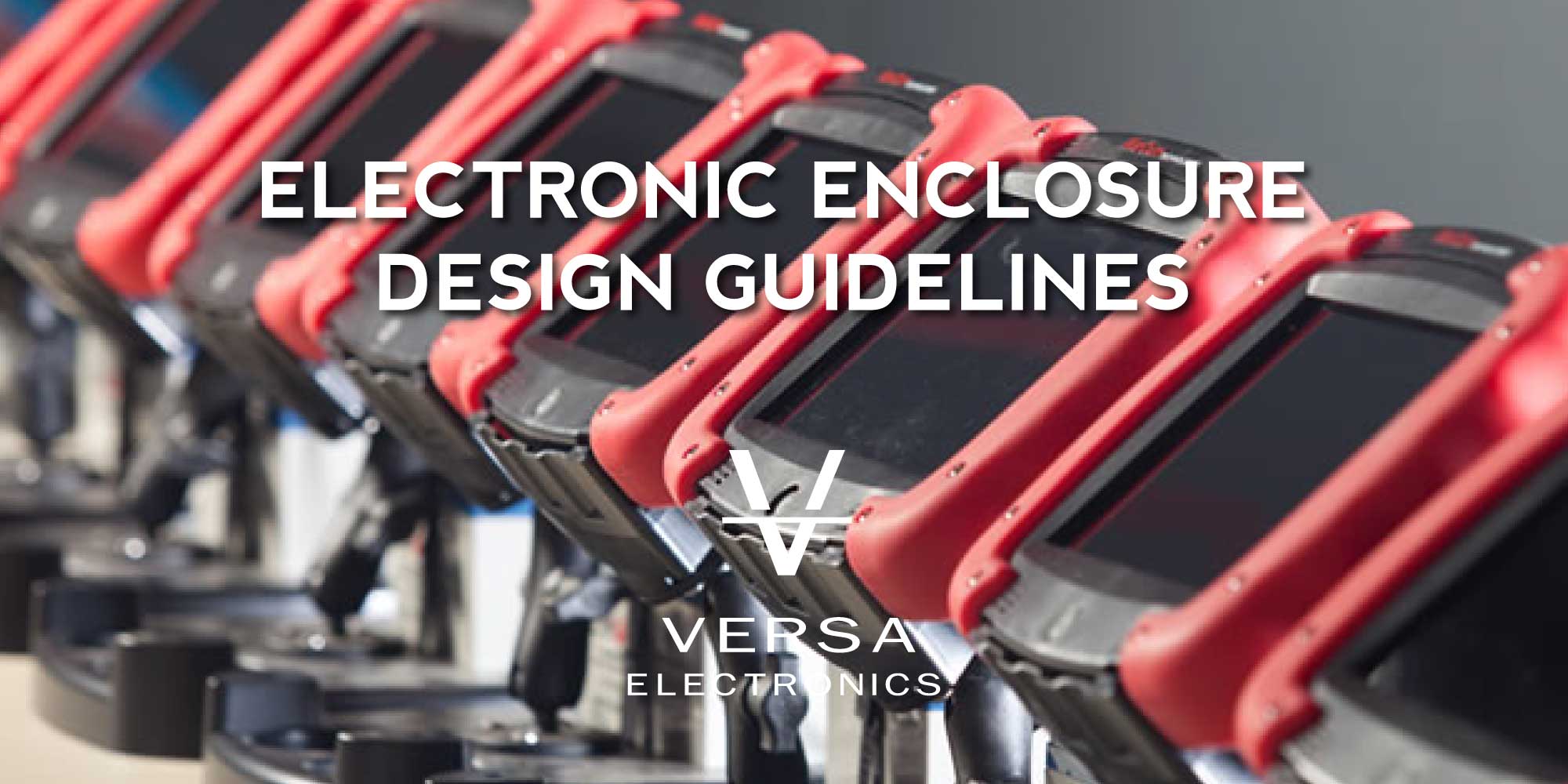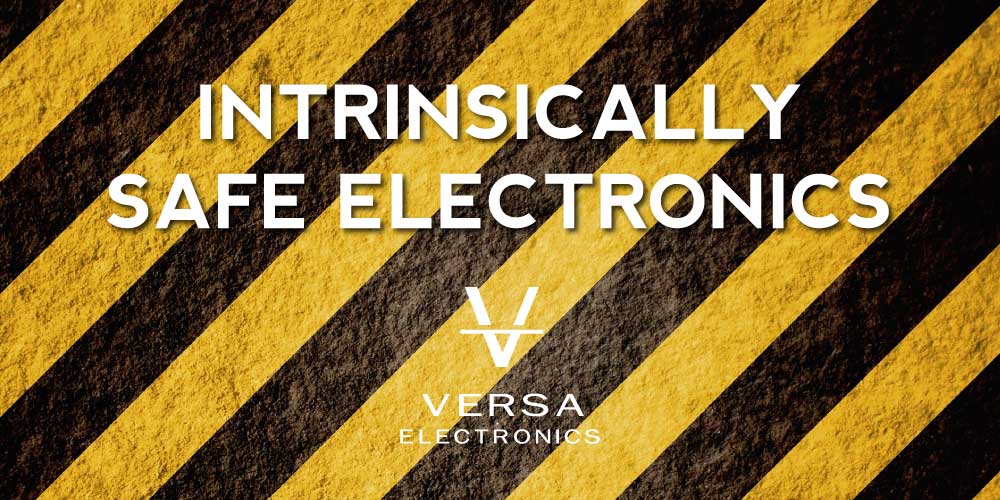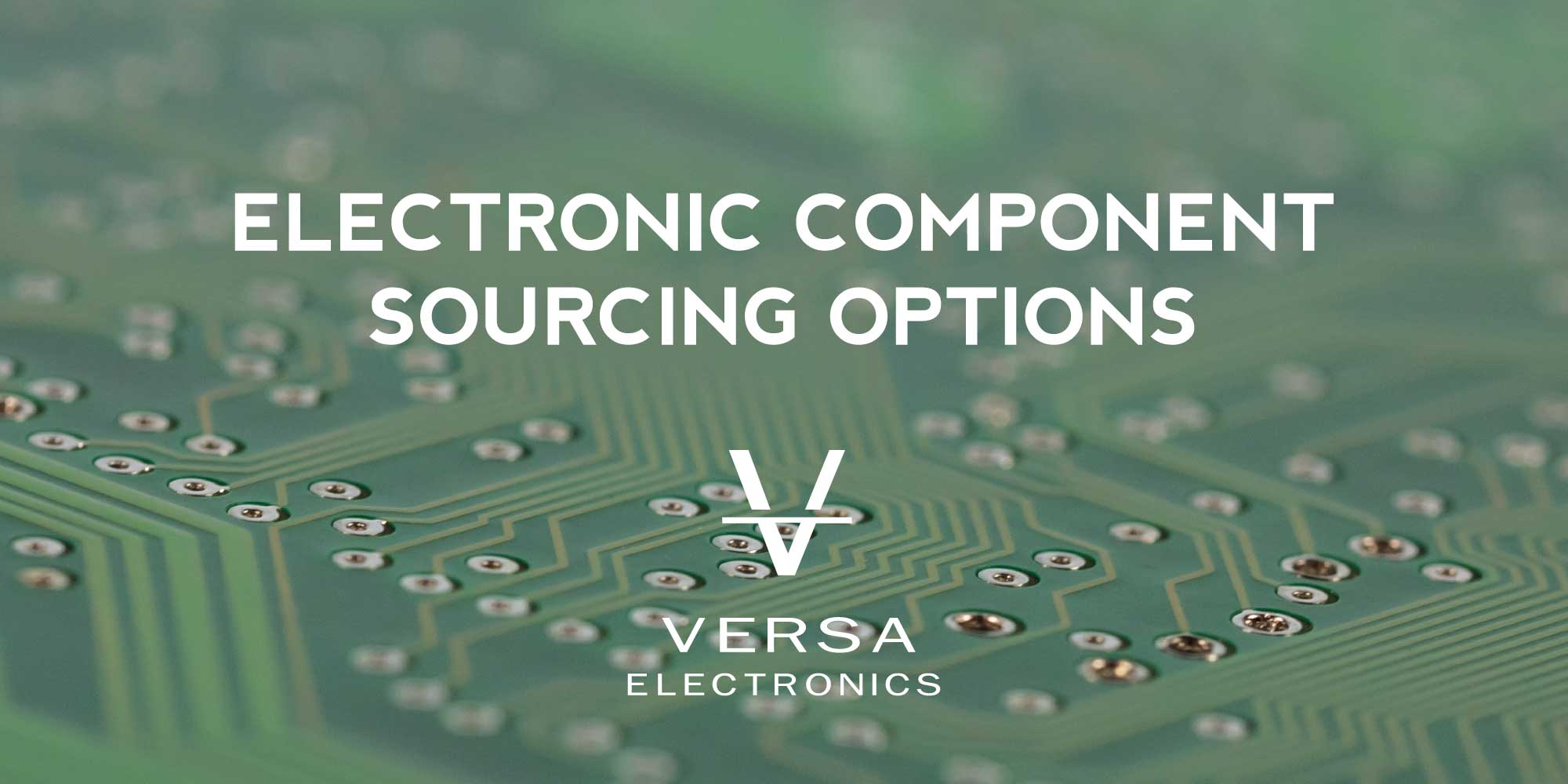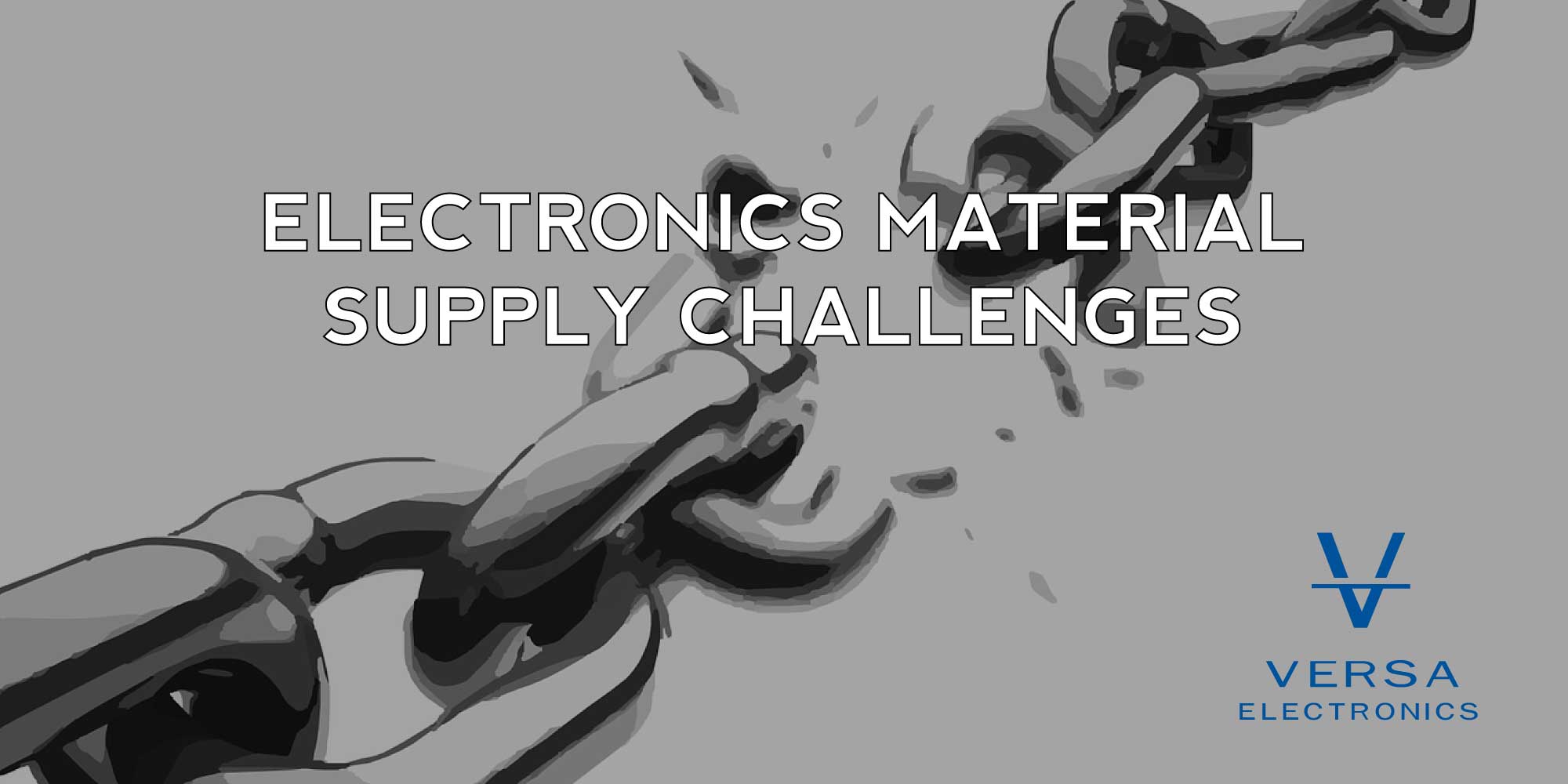What does “potting” mean in electronics manufacturing?
Potting boxes are among the most common electronic enclosures. They protect the box’s internal components from physical damage and environmental factors. Potting also enhances electronic insulation. However, the approach is slightly different from other strategies used in electronic enclosure design

